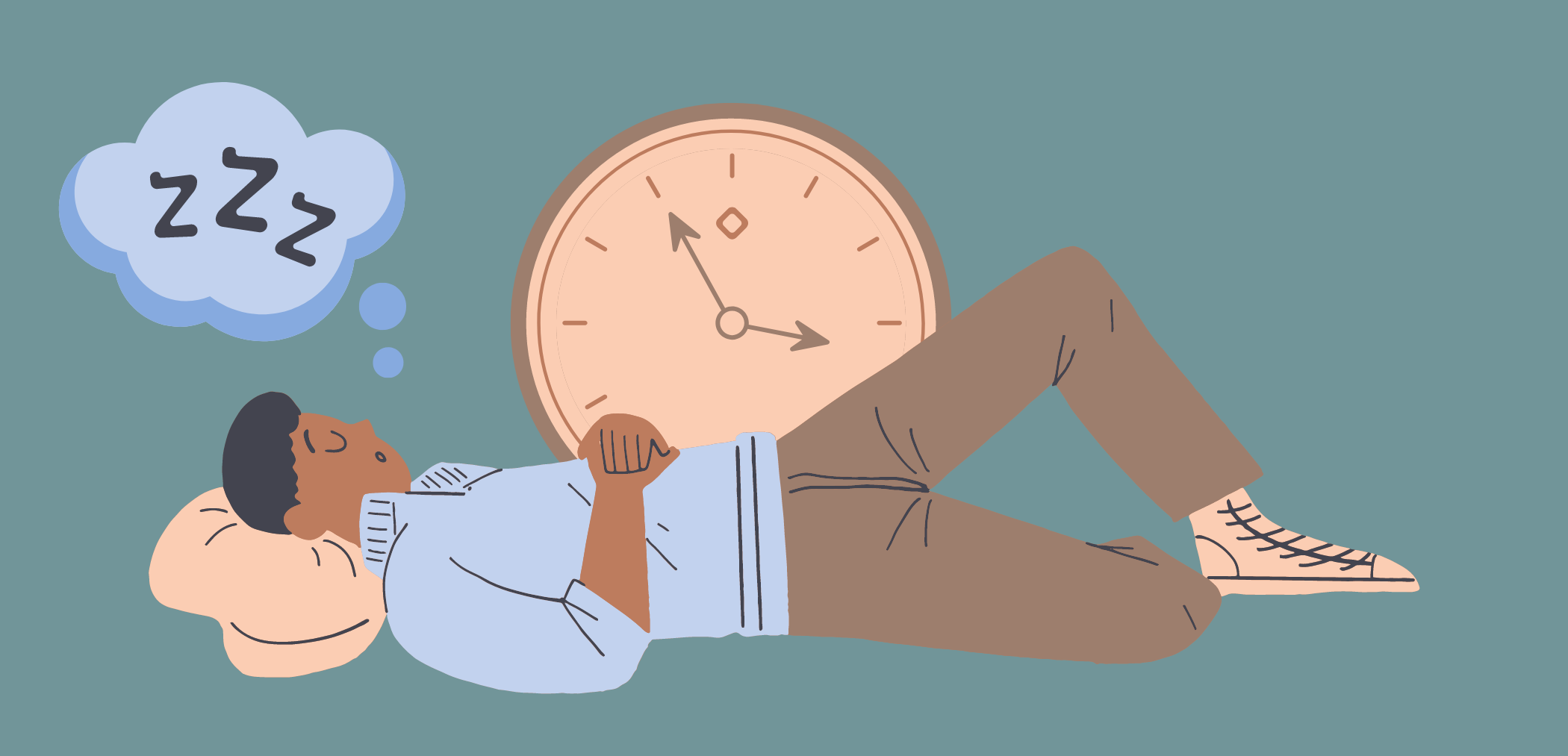

In our fast-paced, modern world, sleep often takes a back seat to our daily responsibilities. While the importance of a good night’s sleep is widely recognized, the consequences of insufficient rest go beyond mere fatigue. Research sheds light on a compelling connection between insomnia and the risk and progression of Type 2 diabetes. Here are the findings of three notable studies that explore how the lack of sleep may contribute to the development and exacerbation of diabetes.
- Linking Insomnia to Increased Risk of Type 2 Diabetes: The study (PubMed 36740966) findings highlighted a significant association between chronic insomnia and an elevated risk of diabetes. Individuals suffering from persistent sleep disturbances exhibited higher levels of insulin resistance, a key precursor to Type 2 diabetes.
- Sleep Duration and Its Impact on Diabetes Progression: Another insightful study PubMed 30120578, focused on the role of sleep duration in the progression of diabetes. The research discovered a bidirectional relationship, demonstrating that not only does insomnia increase the risk of diabetes, but diabetes itself contributes to sleep disturbances. Furthermore, inadequate sleep duration was identified as a significant factor in the worsening of blood sugar control among individuals with diabetes. This interplay between sleep quality and diabetes progression highlights the need for comprehensive management strategies: diabetes is not just about diet!
- Disrupted Sleep & Metabolic Consequences: The study PubMed 32006640 delves into the metabolic consequences of disrupted sleep. Irregular sleep (frequent awakenings and poor sleep quality), was associated with impaired glucose metabolism. The research outlined how these disruptions could lead to elevated blood glucose levels, exacerbating insulin resistance and promoting the progression of Type 2 diabetes.
- The Crucial Role of REM Sleep in Insulin Sensitivity: Beyond the total duration of sleep, research, such as that found in PubMed 32006640, has emphasized the importance of Rapid Eye Movement (REM) sleep in metabolic health. This critical phase of sleep appears to play a pivotal role in maintaining insulin sensitivity. Insufficient REM sleep has been linked to increased insulin resistance, a key factor in the development and progression of Type 2 diabetes. The research suggests that disturbances in REM sleep may disrupt the delicate balance of glucose regulation, contributing to elevated blood glucose levels.
The evidence from these studies underscores the intricate relationship between insomnia and Type 2 diabetes. Insufficient sleep not only heightens the risk of developing diabetes but also contributes to the worsening of the condition in those already affected. Acknowledging the significance of adequate sleep as a pillar of overall health becomes imperative in the prevention and management of diabetes. As we navigate the demands of modern life, prioritizing restful sleep may prove to be a crucial step towards a healthier and diabetes-free future.
If you need help managing your sleep, see me! There’s much that can be done to support sleep from
- hormonal regulation to…
- tweaking of sleep hygiene habits to …
- digestion supports and respiratory system supports and pain management (issues that may keep you up at night) to…
- the use of cognitive behavior therapy techniques to…
- acupuncture to support sleep . . .

